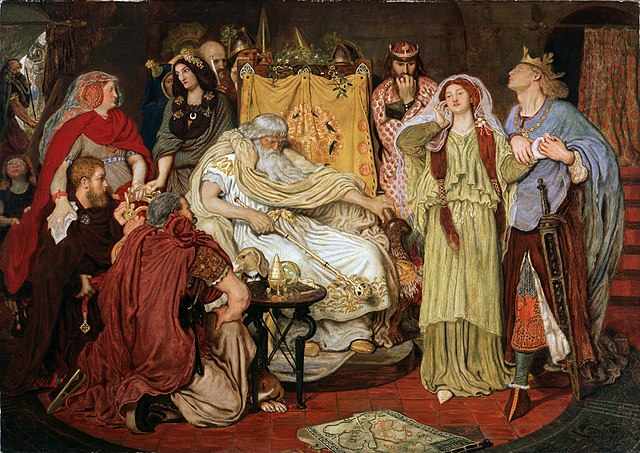Infinite photos and videos for every Wiki article ·
Find something interesting to watch in seconds
Celebrities
Rare Coins
Supercars
Great Artists
Great Museums
Famous Castles
Kings of France
World Banknotes
Presidents
History by Country
Animals
Countries of the World
Sports
Crown Jewels
Recovered Treasures
Ancient Marvels
Richest US Counties
Great Cities
Wonders of Nature
Largest Empires
British Monarchs
Tallest Buildings
Wars and Battles
Orders and Medals
Largest Palaces
Best Campuses
more top lists



